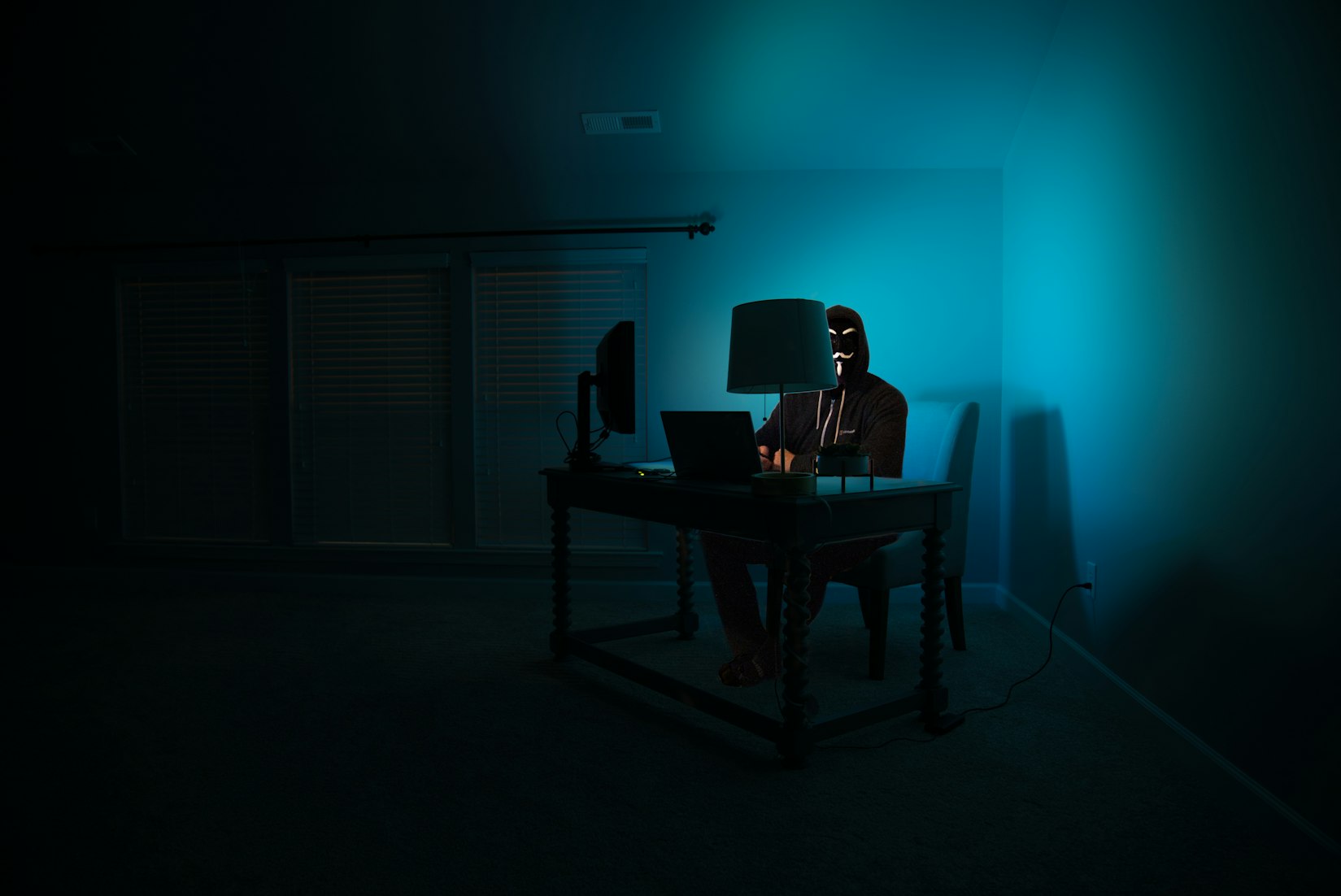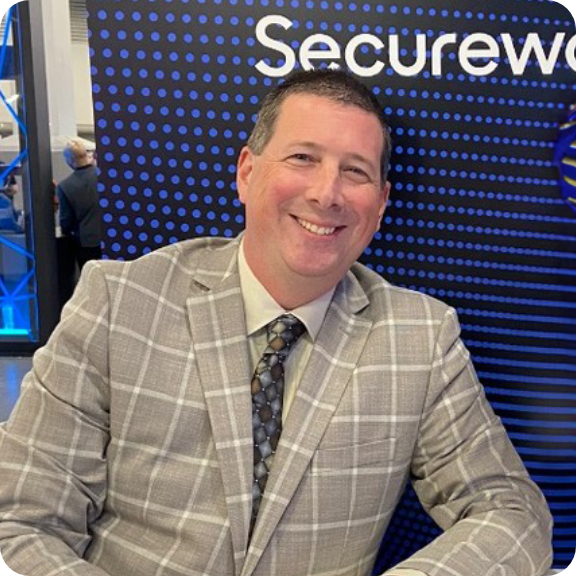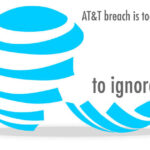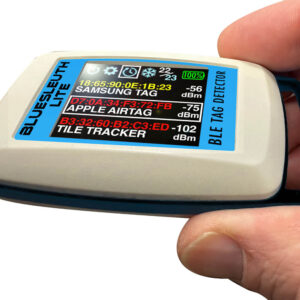Your cart is currently empty!
5 Cybersecurity Tips to Keep in Mind When Working From Home

Due to the current climate, it appears that working from home will remain commonplace for the foreseeable future. While flexible and remote work options have always been a popular option for companies, full-time remote work entails taking new security measures. For those who work from home, both IT teams and other types of professionals need to take their own precautions to promote a secure workforce.
1. Check on your home Wi-Fi security
As well as making sure that your home Wi-Fi is securely password-protected, you should double-check your network security protocol. Forbes suggest changing from WEP to WPA-2 to prevent hackers from easily accessing network traffic. Also, changing your router’s admin credentials from the default prevents you from being locked out. You can find it with the booklet that came with your router or in the box it comes with. In addition, changing your network name will prevent people from using SSID information linked to the router brand or model to access your data.
2. Ensure your backup storage is securely encrypted
When it comes to working from home, you should be aware of where your data is stored at all times. Depending on your industry of choice, work projects can contain highly sensitive and confidential information that can have catastrophic results if it is lost or misplaced. To remedy this, an article from HP suggests backing up your work to your hard drive and using at least one more external option. One option is a physical backup device, but cloud storage is another option provided that it is securely encrypted. Consult with your office to see what options work best for your company.
3. Be extra aware of phishing scams
Phishing emails and phone calls have always been a problem. They remain among the most popular tactics used to exploit people’s security systems. A post by CNBC reports how 85 percent of malware involves phishing attacks, and how in today’s situation, hackers are taking advantage of pandemic-related weaknesses. This involves fake health updates, loan opportunities and much more. When receiving emails containing subjects about this, it’s prudent to practice extra caution before clicking on any links.
4. Consider the safety of various video chat options
Due to the nature of remote work, group meetings and conference calls often take place over video platforms. One of the most popular platforms, Zoom, has become infamous due to privacy concerns and bugs due to its sudden rise in popularity. However, with any platform, The Guardian explains how there are certain trade-offs between security and usability. Skype, for instance, is limited to 50 people, which makes it a more difficult option for larger companies. When you’re choosing a platform, consider the availability of end-to-end encryption in terms of calls and data protection policies that can help protect your business.
5. Explore mobile security options
One of the most commonly used platforms in our personal lives is the mobile phone. When you’re working from home, it can be tempting to send work-related messages from your phone and download apps that might have access to your data. An article on Entrepreneur suggests doing some research on mobile threats and establishing clear policies and guidelines for your employees. Anything from text messages and apps like Facebook Messenger and WhatsApp has the potential to be hacked, along with quiz games and social media apps.
Because of these various risks, we offer Cybersecurity Services and solutions that include vulnerability assessments to identify potential holes in your network, along with wireless security audits and penetration testing.

Scott Schober
CEO | Author | Speaker at Berkeley Varitronics Systems
Scott Schober presents at cybersecurity and wireless security conferences for banking, insurance, transportation, construction, telecommunications and law enforcement industries. He has overseen the development of dozens of wireless test, security, safety and cybersecurity products used to enforce a “no cell phone policy” in correctional, law enforcement, and secured government facilities. Scott regularly appears on network news programs including Fox, Bloomberg, Good Morning America, CNN, MSNBC, NPR and many more. He is the author of 'Senior Cyber', 'Cybersecurity is Everybody's Business' and 'Hacked Again', the “original hacker’s dictionary for small business owners” - Forbes Magazine.
Our Newsletter
Lorem ipsum dolor sit amet, consectetur adipiscing elit. Aliquam mattis ligula vitae leo scelerisque, sit amet feugiat ex venenatis.
"*" indicates required fields
Latest Posts
Our Best Sellers
How can we help?
Lorem ipsum dolor sit amet, consectetur adipiscing elit. Nunc dictum aliquet justo sit amet consectetur. In tempor lobortis ante vitae ornare. Praesent feugiat magna at tempor consequat. Aenean in iaculis libero, aliquam imperdiet mi.









Leave a Reply